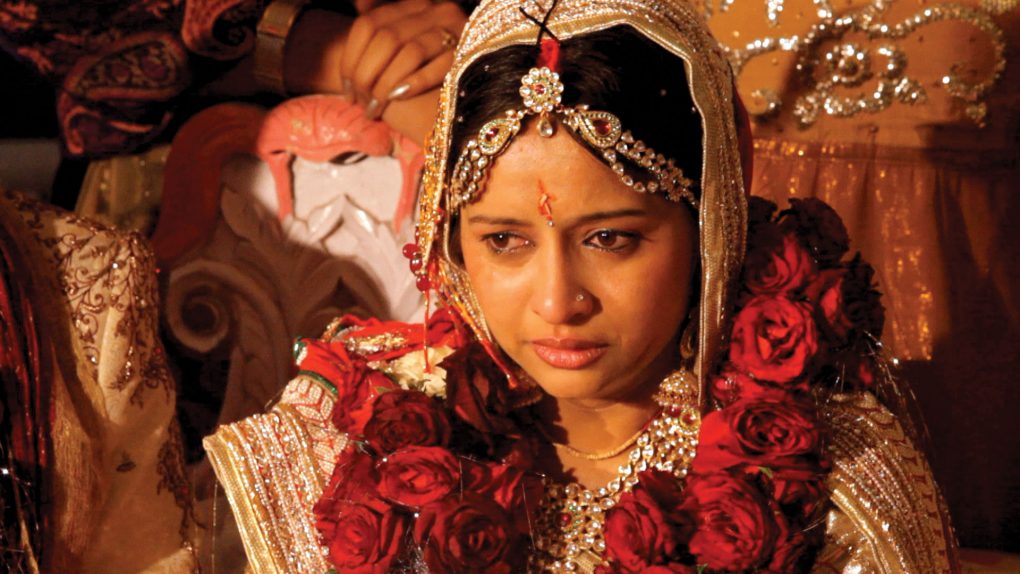
Dir.: Sarita Khurana, Smriti Mundhra | Documentary | India/USA 2017, 90′
Sarita Khurana and Smriti Mundhra’s moving debut documentary takes an analytical but sympathetic look at arranged marriages in India, where the 21st century collides with centuries old rituals and morals. The continuing plight of women sits uncomfortably aside its burgeoning economy and scientific advances.
Shot over four years, the interlocking narrative follows the lives of three young women from different backgrounds and intellectual capabilities whose future is entirely determined by marriage. There is Dipti, a homely and kind-hearted girl approaching thirty, whose whole life has been about finding a man. Her ample figure and swarthy looks do not fit the modern trend for slim, pale-skinned Indian girls. She has tried traditional dating sites and matchmakers for years and it seems the lack of a ‘life partner’ rules her every waking hour as she languishes in despair with her despondent parents. Interviews are arranged where parents lay down their requirements, but the kids still have the last word. Dipti’s desperation ends with a miracle. But we are left wondering if such blind faith in one person can be a good thing.
Ritu is aloof and ambitious. Living in Mumbai with an MBA and a career in financial services. She has an independent, Western lifestyle – but her mother Seema, who is a professional matchmaker, puts pressure on her daughter to marry emphasising the importance of a good husband: ‘You won’t amount to much concentrating on your job”. Seema is well aware of the double standard in the marriage industry: girls have to be “fair-skinned, slim, soft-spoken and beautiful, whilst men must have a large income and an important family to back them up. Ritu’s goal has never been to get married but she finally gives in. Luckily for Ritu, her chosen husband Aditya, who is also working in the finance industry, shares her view on marriage: “In my next life I want to be born in Europe, so I can marry post forty”. After their splendid and very costly marriage, the couple both pursue their careers in Dubai, commuting together to work.
Meanwhile, Amrita has an MBA in business studies but a rather naive view of life. Living in Delhi she is happy to go along with her parents’ arrangement for a marriage to Keshav, a young man set to inherit the family business – “because their horoscopes match”. The couple settle down at the family compound 400 miles from Delhi, where Amrita becomes chief-cook and sari-wearing housekeeper, contrary to her expectations of working in the business alongside him. plans to work together. Her husband’s decisions are final – in the end the disillusioned Amrita comes off worst of the three. “My world revolves around him. You lose your identity, when you marry, and that is one thing I never wanted to do. 80% of people, who come to my home, do not know my name. They are just recognising me as Keshav’s wife”.
A Suitable Girl is informative and enlightening, making us feels for these young women and building an informative portrait of middle class India which sees the large metropolises of Delhi and Mumbai as the most popular cities, and Calcutta and Chennai the least favoured, in modern terms. What emerges is a traditional continent still caught in the Dark Ages from a social viewpoint – where parents still rule the roost and decide the future of their daughters – often with the help of astrologers and face-readers. AS
|